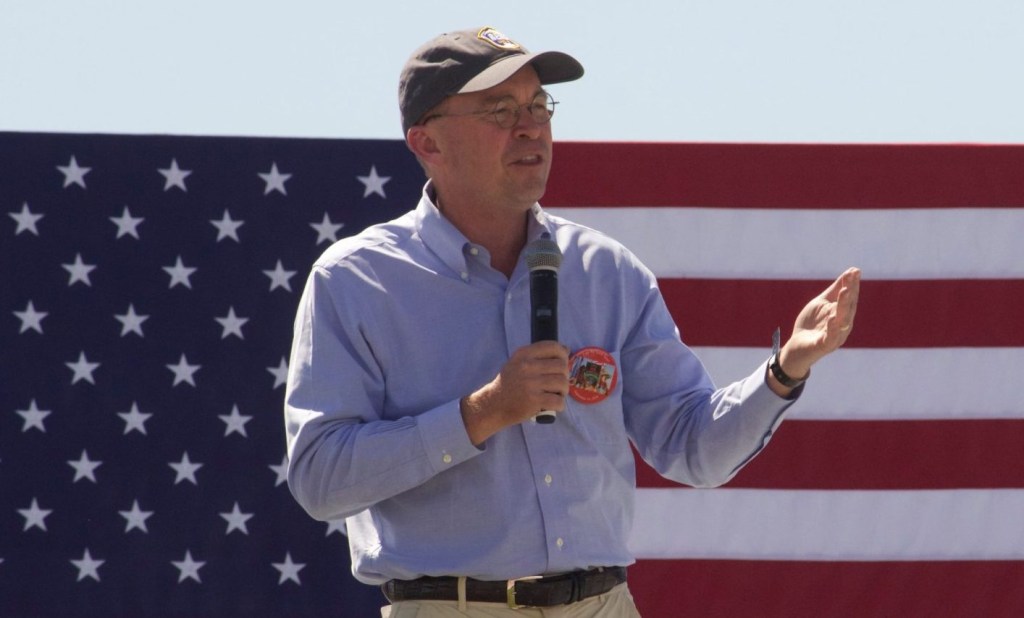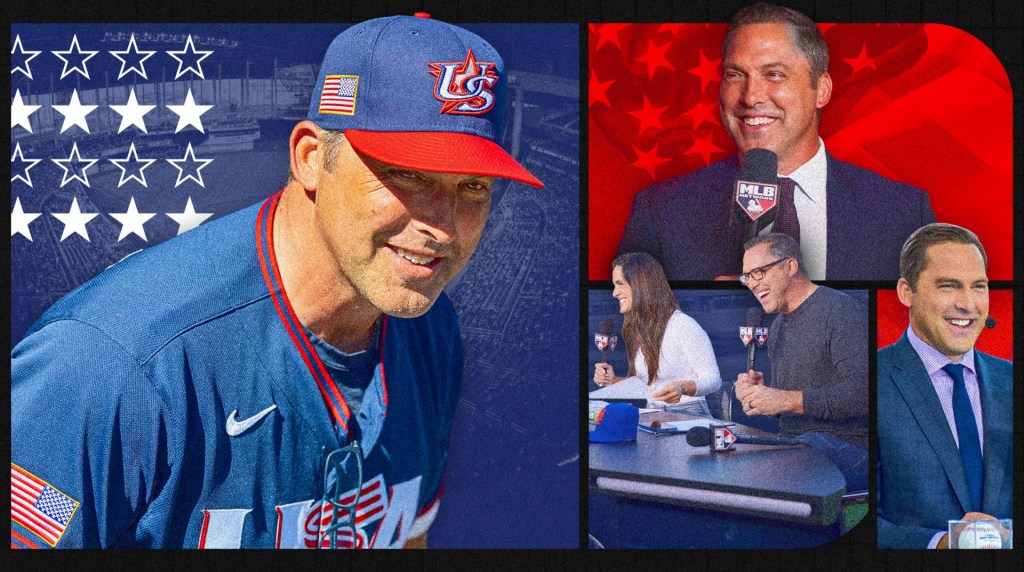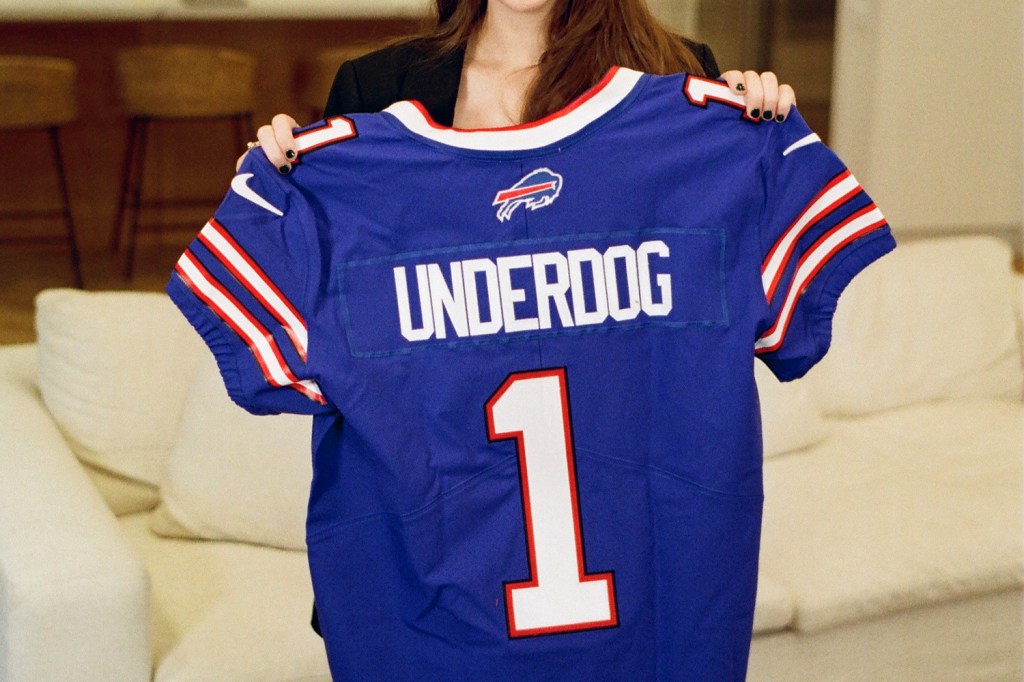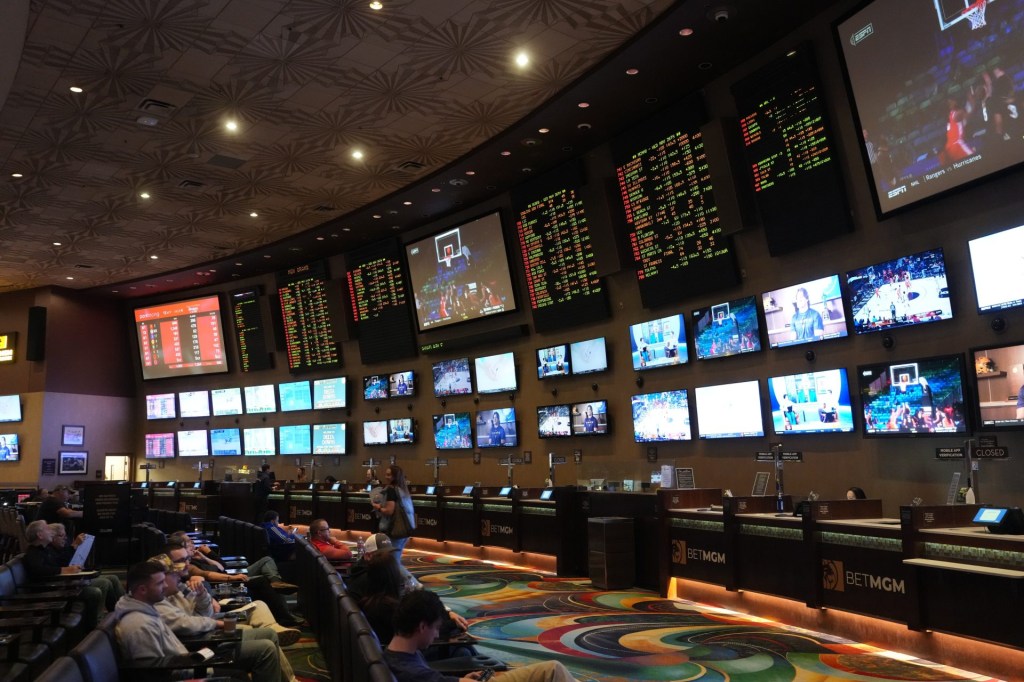Kalshi announced it hired a former American Gaming Association executive who helped overturn the U.S. sports betting ban, as the exchange looks to strengthen its position in the sports “prediction” marketplace.
The addition of Sara Slane as head of corporate development gives Kalshi a veteran sports betting advocate; she brings more than two decades of experience in the gaming industry, including more than five years as senior VP of public affairs for the American Gaming Association, a trade group that advocates for the U.S. casino industry and supports legalized sports betting.
Her hiring comes as Kalshi faces a slew of pushback from state gaming regulators. The Maryland Lottery and Gaming Control Commission is the most recent state regulator to take aim at Kalshi, issuing a cease-and-desist letter Monday directing the company to “immediately” stop offering event contracts based on sports outcomes.
Maryland followed at least five other states that have sent cease-and-desist letters. Regulators in Illinois, Montana, Nevada, New Jersey, and Ohio have sent similar letters. Meanwhile, the Connecticut Department of Consumer Protection is reportedly investigating Kalshi, and the Washington State Gambling Commission and Kansas Racing Gaming Commission are reportedly investigating prediction markets generally.
A representative for the Washington State Gambling Commission tells Front Office Sports that the regulator is “aware of the issue” but cannot comment on any specific company at this time. A representative for the Kansas Racing Gaming Commission tells FOS that no cease-and-desist letters are planned “right now,” but notes “we are monitoring the court cases in Nevada and New Jersey and may get involved based on the outcomes of those cases.”
A representative for Kalshi told FOS that the company can’t comment on what the growing number of states pushing back means, but confirmed that Nevada, Maryland, Ohio, New Jersey and Montana have raised issues.
Kalshi is currently fighting lawsuits brought by gaming regulators in Nevada and New Jersey. The legal fight stems from the question of whether or not Kalshi’s sports event contracts constitute sports betting, according to court documents. Kalshi argues its offerings are trades on sports outcomes, not bets, and should therefore be regulated by federal, not state, law. The states say Kalshi is playing a game of semantics, and has failed to prove its case that its sports event contracts should be regulated federally as opposed to on the state level. Kalshi scored a significant win in the Nevada case on Tuesday, with a federal judge granting a temporary restraining order that prohibits the state regulator from enforcing its cease and desist.
Additionally, Bill Galvin, secretary of the Commonwealth of Massachusetts, issued a subpoena on March 20 to Robinhood—which had entered into a wide-ranging partnership with Kalshi on March 17 that included offerings related to the NCAA’s March Madness tournament. A spokesperson for Galvin’s office tells FOS that no subpoena was sent to Kalshi. They would not confirm or deny an investigation into any other entities.
Slane will “lead Kalshi’s efforts to build strategic relationships with brokers, institutional players, and other key partners at this critical time in the company’s growth in sports,” according to a press release.
During her time at the AGA, she campaigned to overturn the Professional Amateur Sports Protection Act, which the U.S. Supreme Court did in a landmark 2018 decision. In the years since the Supreme Court struck down PASPA, 39 states and Washington, D.C., have legalized some form of sports betting.
Slane, who for almost six years before joining Kalshi ran her own advisory firm, has also counseled more than 30 pro teams and leagues with regard to gambling.
Slane said in a Tuesday social media post she began consulting for Kalshi a few months ago. “Never in my career have I seen a company with the combination of characteristics that Kalshi has: bold vision, outlier founders, deep commitment to regulatory compliance, and astronomical growth.”
“They are a regulatory-focused and compliant-first team,” she wrote, saying Kalshi spent more than three years “engaging with the CFTC” before it ever launched a market.
Kalshi seems more focused on federal regulators than state. It has argued in court that the Commodity Exchange Act supersedes state betting laws with regard to sports-related event contracts, as explained in an article about the Kalshi saga published Tuesday on Law.com by two Goodwin Procter LLP partners. The Commodity Exchange Act regulates the trading of commodities like grains and oil, but also less obvious commodities, such as sports when considered in the trading context.
Gaming law and sports betting attorney Daniel Wallach has read through the Commodity Exchange Act and says he doesn’t recall seeing anything that refers to the regulation of sports betting.
“In fact, the whole premise of the landmark Murphy v. NCAA decision is that because Congress has not regulated sports gambling, states were free to do so without federal interference,” he recently told FOS.
Slane’s hiring follows a few other notable Kalshi developments: last year, Donald Trump Jr., the president’s eldest son, was announced as a strategic advisor, and Brian Quintenz, a former commissioner at the CFTC who was later on the Kalshi board, was nominated by President Trump to be the CFTC’s next chair.








![[Subscription Customers Only] Jun 15, 2025; Seattle, Washington, USA; Botafogo owner John Textor inside the stadium before the match during a group stage match of the 2025 FIFA Club World Cup at Lumen Field.](https://frontofficesports.com/wp-content/uploads/2026/02/USATSI_26465842_168416386_lowres-scaled.jpg?quality=100&w=1024)





![ESPN Bet broadcasts inside the PGA Tour Studios building in Ponte Vedra Beach, Florida, on March 14, 2025. [Clayton Freeman/Florida Times-Union]](https://frontofficesports.com/wp-content/uploads/2026/02/USATSI_25668497_168416386_lowres-1-scaled.jpg?quality=100&w=1024)


